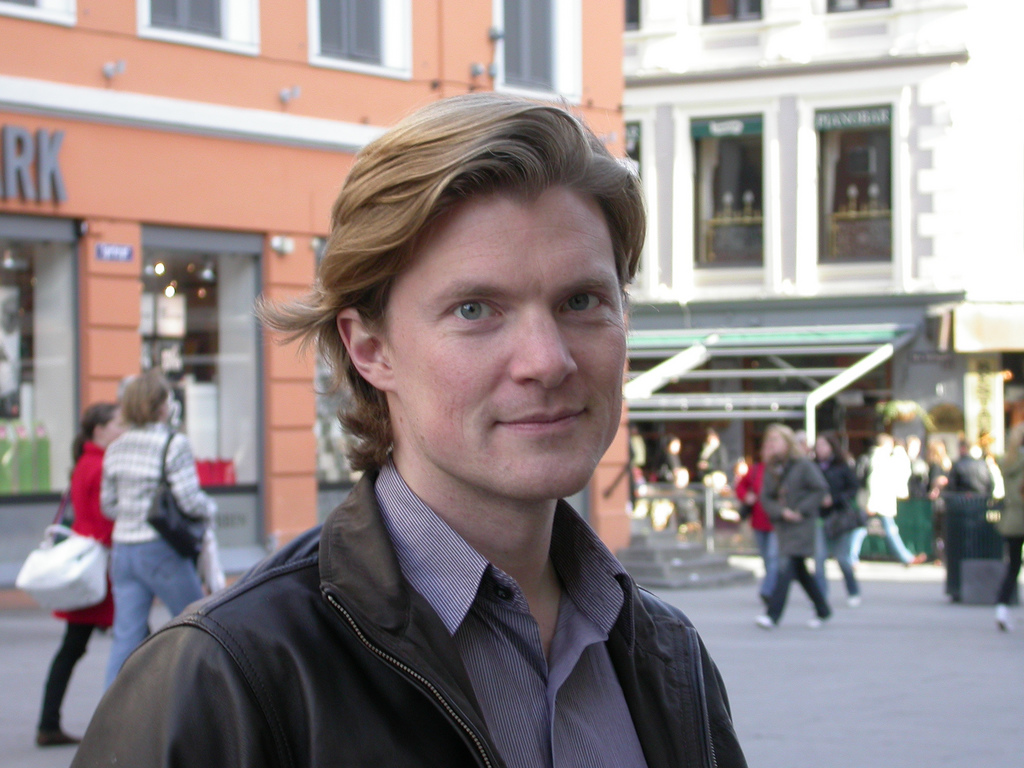Johan Norberg is a writer who focuses on globalization, entrepreneurship, and individual liberty. Norberg is the author and editor of several books exploring liberal themes, including Progress: Ten Reasons to Look Forward to the Future, named by the Economist as one of the best books of 2016. He is also the author of När människan skapade världen, 2006 (When Mankind Created the World), the coauthor of Ett annat Sverige är möjligt, 2006 (Another Sweden is Possible) and Global rättvisa är möjlig, 2001 (Global Justice Is Possible), and the coeditor of Frihetens klassiker, 2003 (The Classics of Freedom), all of which are available only in Swedish at this time. Visit his personal website to learn more.
Norberg has also been the writer and host of numerous television documentaries, on such subjects as globalization, India, energy, and Adam Smith. Many of them can be found at FreetoChoose.tv .
Norberg’s articles and opinion pieces appear regularly in both Swedish and international newspapers, and he is a regular commentator and contributor on television and radio around the world discussing globalization and free trade. Norberg was formarlly head of political ideas at Timbro, a Swedish free-market think tank, from 2003 to 2005. He then served as a senior fellow for the Brussels-based Centre for a New Europe during 2006. Norberg received his master’s degree from Stockholm University in the history of ideas.

